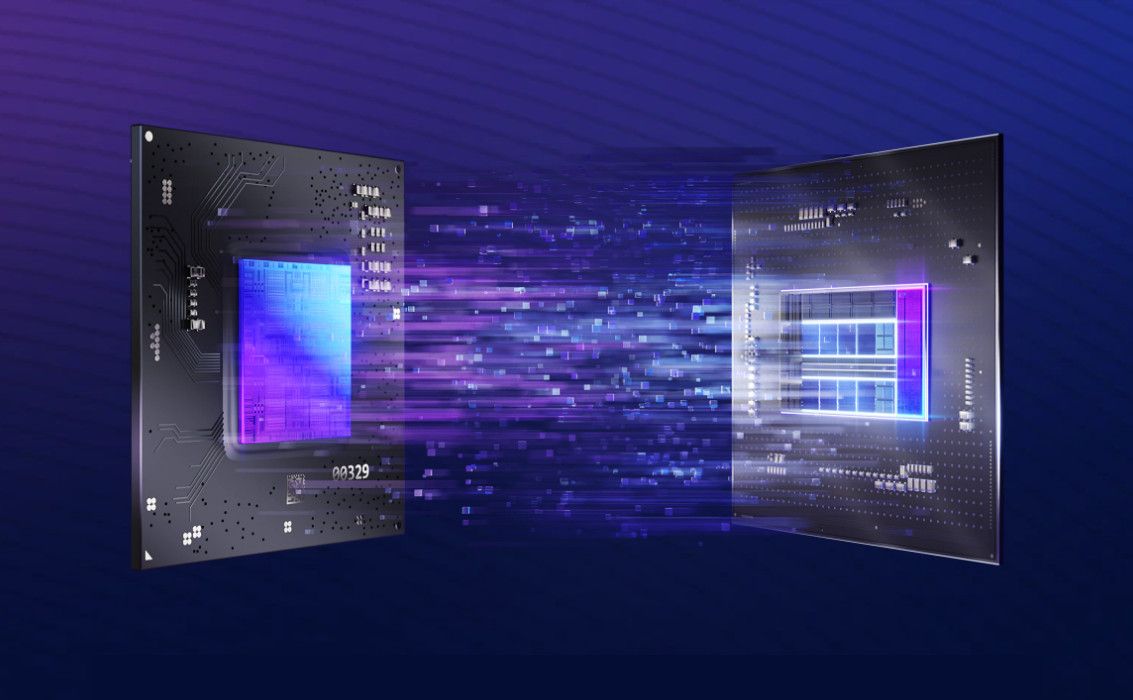For computers there is an amazingly large selection of operating systems that you can run. Besides the common one for standard PCs, some version of Windows, there are not just a lot of versions of the unix operating system (or rather unix based or unix compatible operating systems), but also others that are not unix based such as those that have a persistent state.
I read a funny story about an operating system using the latter in which the person demonstrating it, I think it was a computer fair, challenged a commercial unix vendor to switch off his PC while the OS was still running and restart it. The result was at that time, with no transactional filing system that properly keeps track of which files have been written, and confirmed to have been written such that after each write the filing system is in a consistent and correct state even if powered off while running with only small fixes possible needed which can be taken care of with certain features that later versions of e.g. the UFS filing system on FreeBSD gained, it would need to do a complete check of the entire disk which took ages (that could take anywhere from say half an hour up to hours, depending on the disk size), whereas the other OS was up and running in seconds.
Modern operating systems are really good environments in which to create not just texts but also to do programming. There are many programming languages available for free. Despite the closed source nature of Windows, a lof of the free programs that were originally developed on and for free and open source unix-like operating systems, were later ported to run on Windows. This means for almost any operating system there are a huge number of free and open source programs to do almost anything you want.
So why not use Windows?
Even though proponents of security don’t consider “security through obscurity” real security, it does work in that if an operating system has fewer users, hackers are less likely to target those operating systems.
Some operating systems are more secure by virtue of their development and restrictions on what users may do.
You may also like to run such an operating system to check compatibility of your programs if you are a developer, when compiling and running on a different environment which gives you a lot of useful information.
For security you can use a virtual machine to run an environment that connects to the internet, but if there is a security flaw in that machine, then running a safer OS underneath is of course better. Examples of virtual machines are VirtualBox and VMware.
With any use of your financial information and passwords, especially for websites such as banking websites, financial websites such as PayPal, sites where you can buy something with your credit card, and sites such as stock market and gambling sites such as Casino Chan that have you financial data but also store real or virtual (which can be made real) financial winnings that others might transfer aware from you if they get access, security is an issue. Whereas with Windows people are usually using some anti-virus software, the need for this due to different design ideas in other operating systems but also security through obscurity, means that in non-standard operating systems, such programs themselves are non-standard. I’ve never used any anti-virus program on FreeBSD, OpenBSD or Linux…
From a practical standpoint the real alternatives to Windows are not fairly obscure systems like OpenVMS, but unix like operating systems that have become fairly mainstream, such as FreeBSD, OpenBSD (which has an emphasis on security), NetBSD, Linux. If you are interested in trying any of these out, the best way to try them out is simply in a virtual machine. You define the system in such a virtual machine by selecting how much RAM and disk space you want the virtual computer to have, then format that virtual disk (which is just a file on your main operating system’s disk), and install an operating system on it from within that virtual machine. Using a diskimage with a bootable disk for that operating system, that you have saved on your disk you can then install the operating system on the virtual disk within that virtual machine. Try it!

“Prone to fits of apathy. Introvert. Award-winning internet evangelist. Extreme beer expert.”










